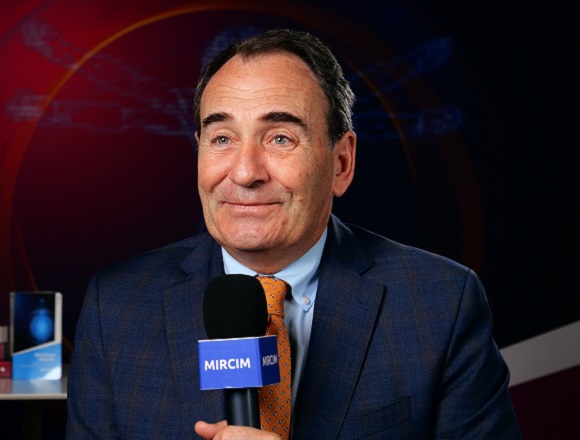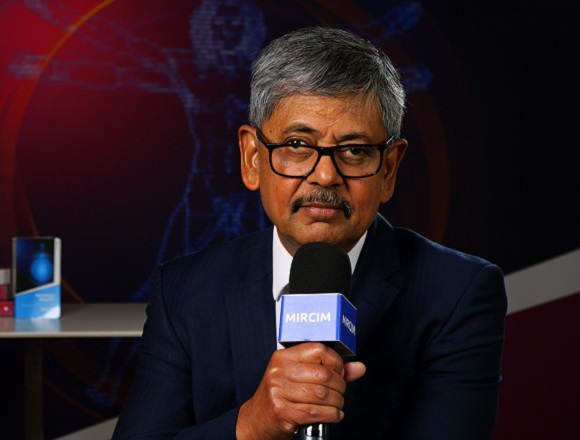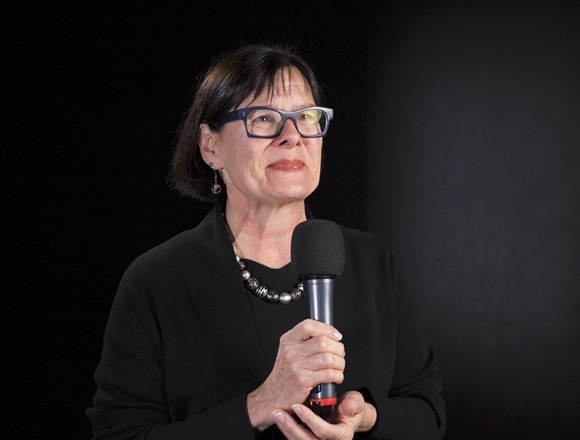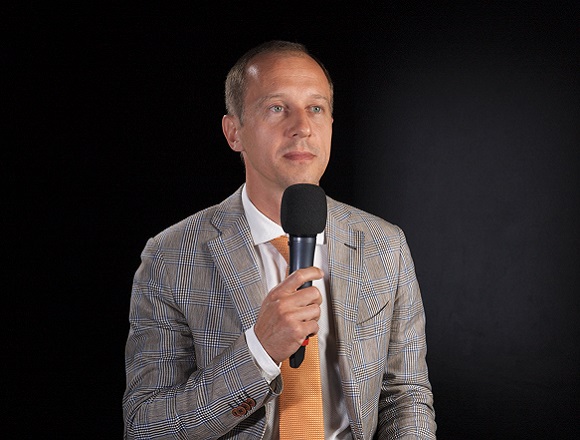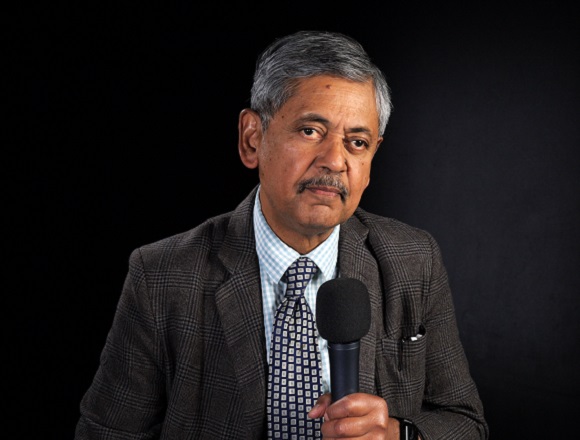Robert McLean, MD, is a rheumatologist and associate clinical professor of medicine at Yale School of Medicine, USA.
What essential changes have been introduced in the treatment of gout in recent years?
The biggest treatment advance... I think adding febuxostat was wonderful in the early to mid-2000s because until that point we really just had allopurinol and probenecid, and if people were allergic to allopurinol, which is not insignificant, you were really stuck. There were situations where we needed to do very careful allergy desensitization of allopurinol, giving people tiny doses and slowly escalating, very tricky and trying to avoid allergic reactions. When febuxostat was available, we had another alternative and there’s nothing that would suggest that there’s any cross-reactivity. People who are allergic to allopurinol are perfectly safe to try febuxostat instead, it’s a different enough chemical. That was one advance.
The pegloticase, the enzyme uricase, was another big advance, where you just can’t get anywhere with anything else. Unfortunately, pretty cost prohibitive and tricky to use because of immunologic reactions.
Beyond that, the biggest advances, I think, are some of the imaging, because I think in a lot of studies, imaging has shown us that the gout or the uric acid burden in people who are hyperuricemic for so long is much larger than we ever imagined. And being able to see these huge tophi on images, and then document that they’re getting smaller, and clinically seeing a correlation with that has been very helpful as we’ve figured out how to guide therapy.
I think recognizing that we really do need to get uric acid levels low… that we’re not generally good at doing that. The percentage of people who are on some of these treatments who are actually at the target below a serum uric acid level of ~6 mg/dL is way too low. There’s not appropriate follow-up of a lot of people. People are not, I think, adequately educated at understanding that this is a chronic treatment and if they go on it and off it, they’re going to have ongoing problems. I see many, many people as a rheumatology consultant who just don’t follow the directions and they wonder why they keep having attacks.
 English
English
 Español
Español
 українська
українська

